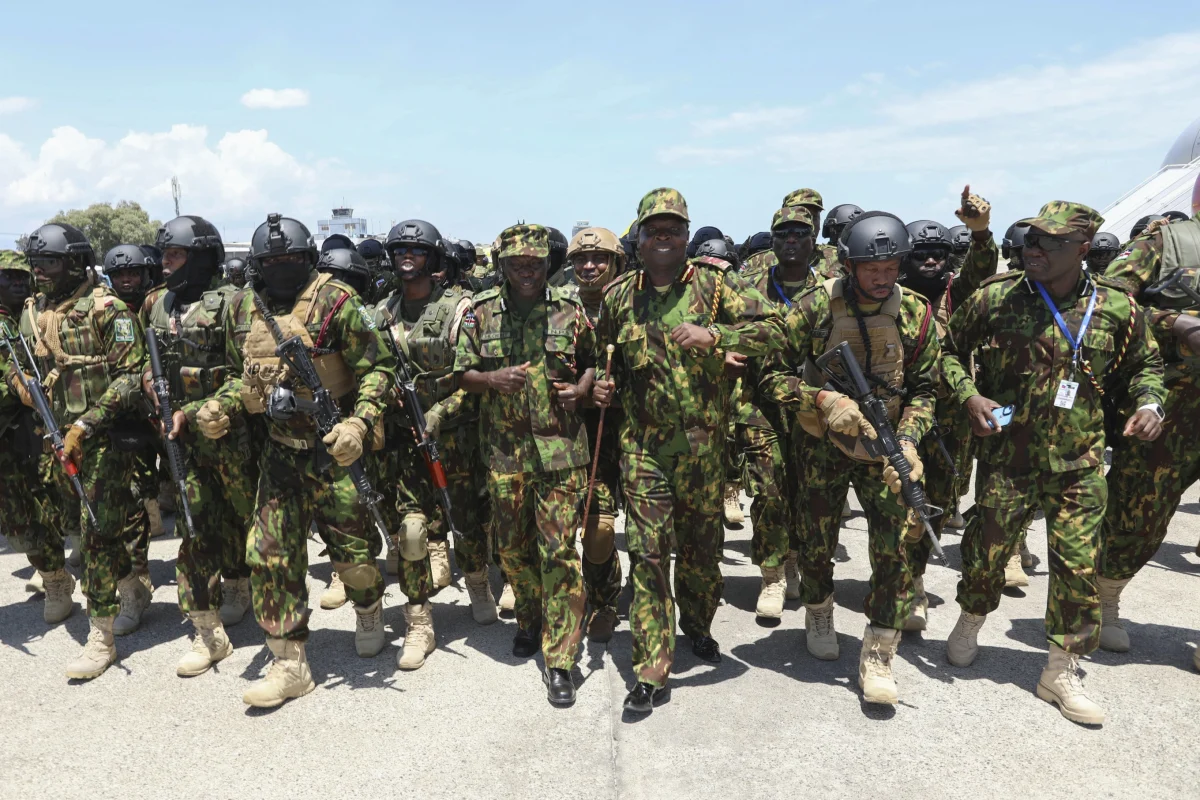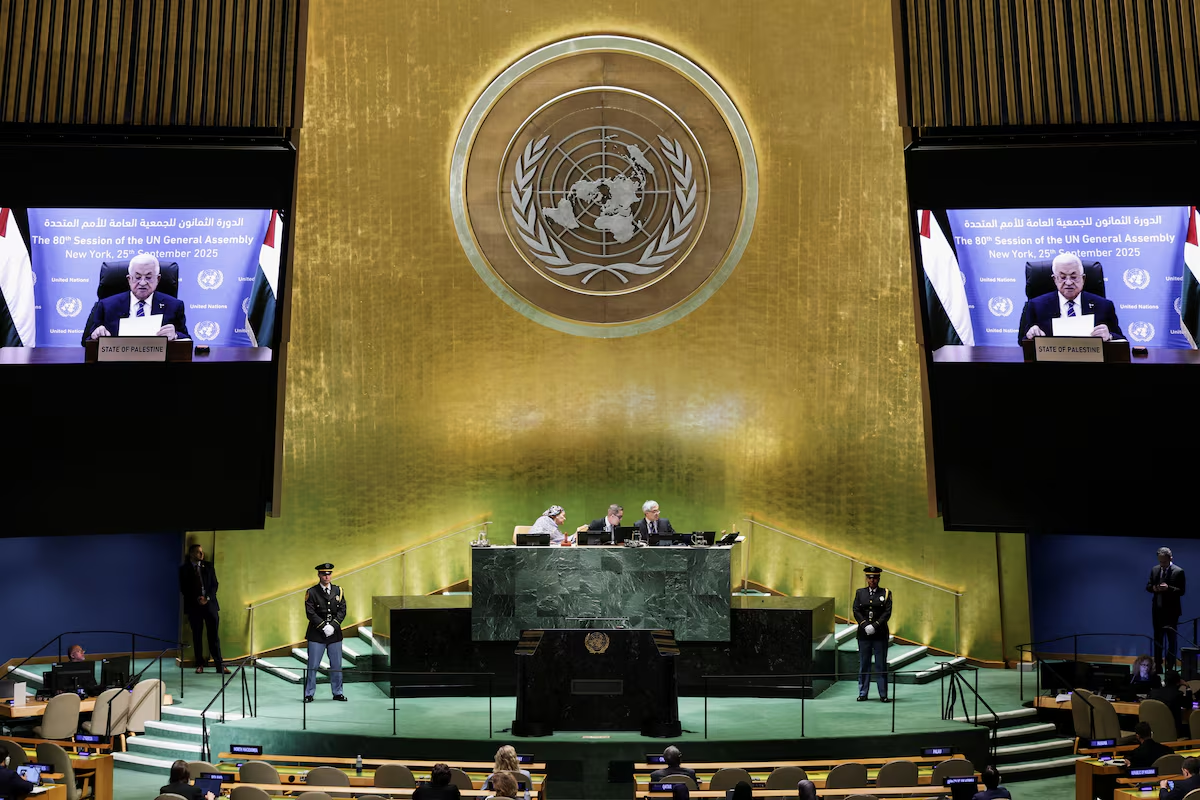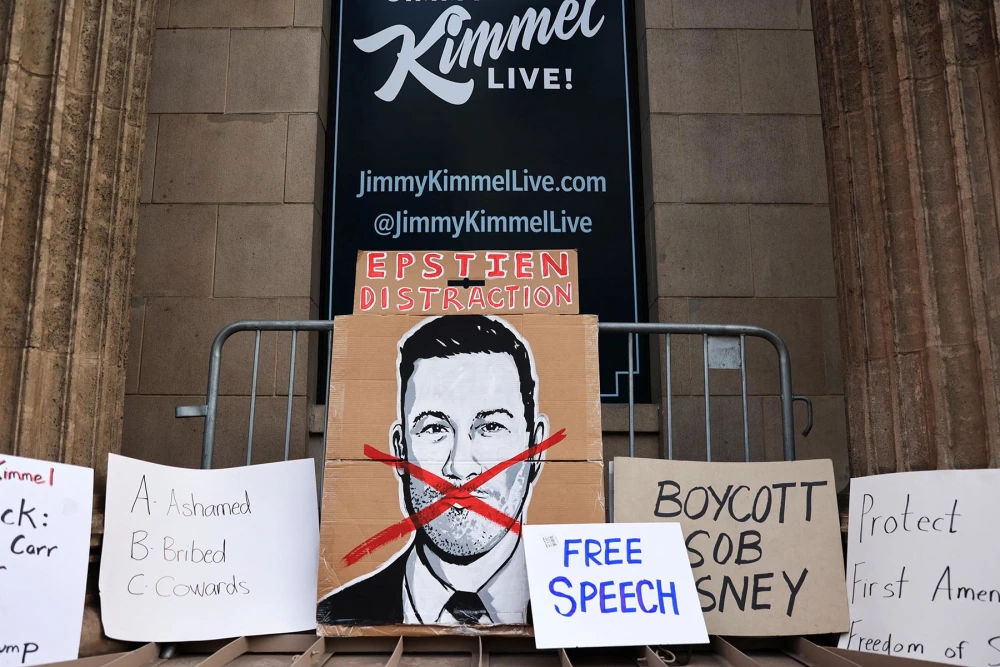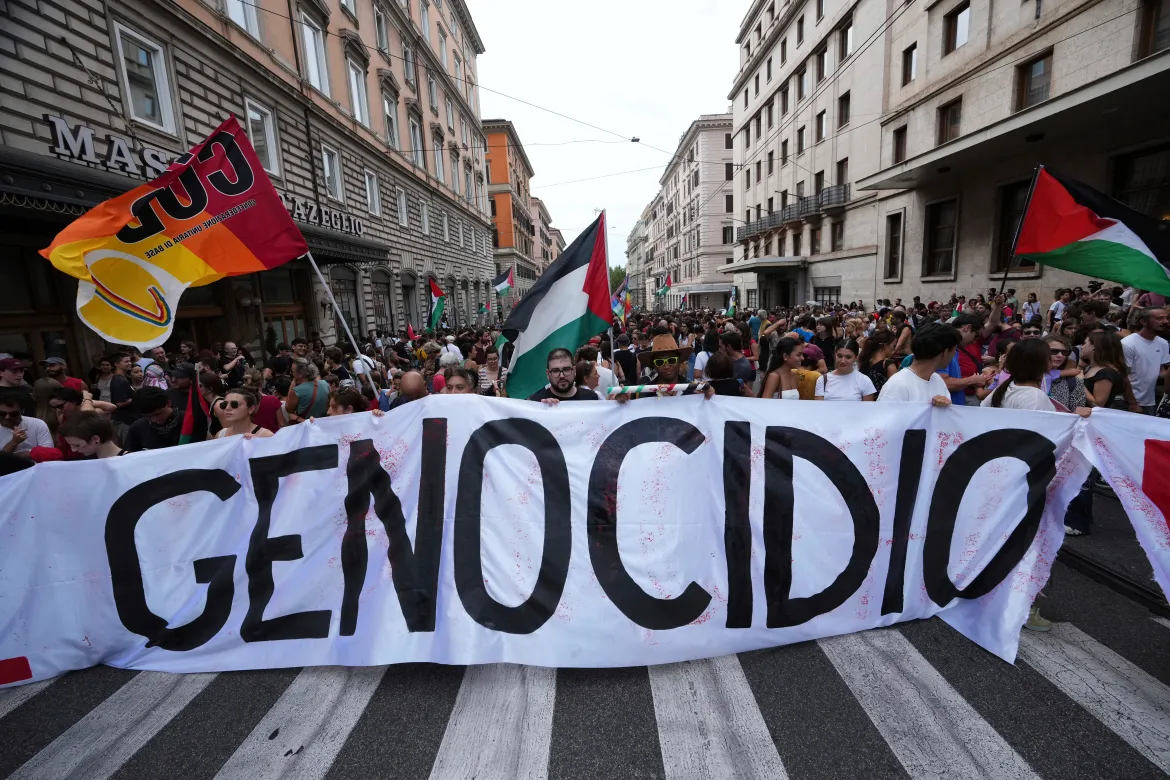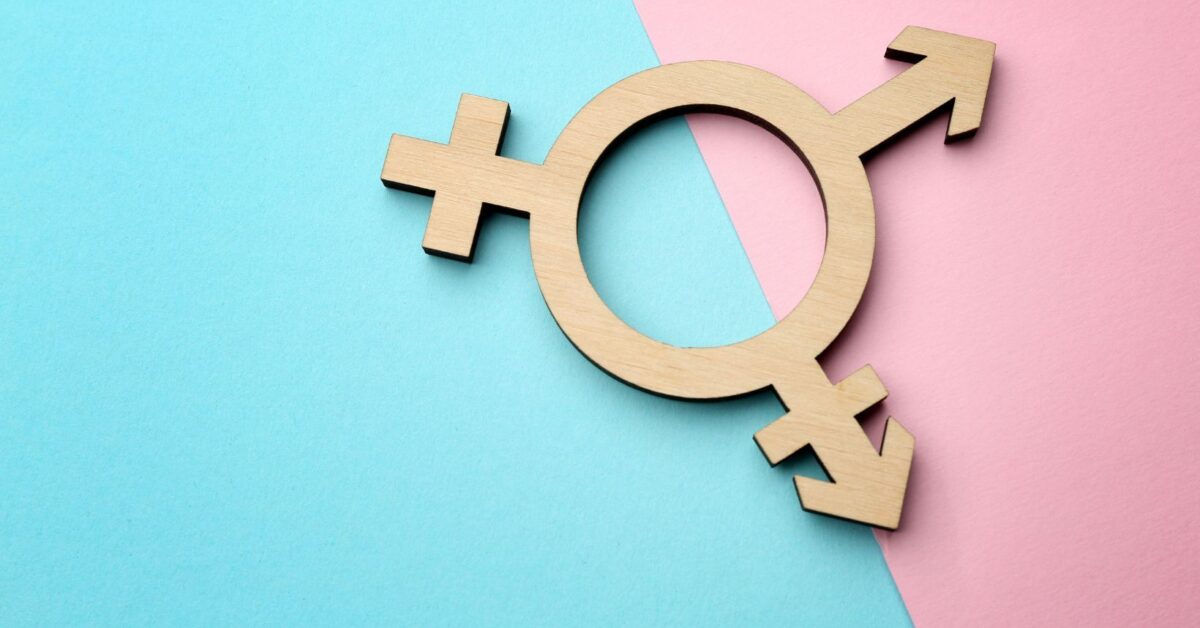The Caribbean Island nation of Haiti has been embroiled in gang violence, murder and instability ever since the assassination of its president, Joevenel Moise. Now, Kenya’s president, William Ruto, is landing armed police in Haiti on behalf of an international response.
Kenya’s official reasoning for its involvement in Haiti is based on the humanitarian needs of the Haitians. Kenya seems eager to fill a role that is often filled by the United Nations or the United States.
“We are looking forward to this deployment, because we believe that the women and children in Haiti deserve peace like all other women and children and people around the world,” Ruto said in a news conference.
These actions have been unpopular in Kenya. This police deployment is expensive, and Kenya is already facing many financial struggles, leading to mass protests and riots in Kenya over not only the expedition to Haiti, but also for proposed tax hikes.
Many Kenyans who oppose their nation’s decision to get involved in Haiti have brought up the fact that Kenya is in crippling debt. This debt is a burden that disproportionately hurts the poor.
The fact that the Kenyan government decided that now is the best time to get involved in a foreign nation’s affairs is questionable, especially considering that half of the country’s revenue is spent servicing its debt.
In Haiti, 1,500 people have been killed from gang violence just this year, as the practically non-existent Haitian government continually reels and loses ground to violent gangs. Because of this, many in the international community have called for this foreign intervention.
“I’m very grateful for President Ruto’s leadership here … for Kenya’s willingness to really lead this matter,” President Biden said in a news conference.
The United States has been providing the Kenyans with all kinds of support during their operation, including supplies, funding and intelligence. At the same time, President Joe Biden has recently named Kenya a major non-NATO ally, which brings the African nation numerous benefits.
For these reasons, it is questionable the extent to which Kenya’s involvement in Haiti is an independent decision, or if it is an extension of the United States exerting control and influence over Kenya.
Regardless of the exact motivation behind Kenya’s decision-making, these actions will undoubtedly be a moment for change in Haiti. However, the exact outcome is hard to predict.
Conflict will certainly ensue between the Kenyan forces and the gangs that currently control swaths of Haiti. It is also unclear how the citizens of Haiti will view these events.
Haiti has possibly the most extensive and brutal history with foreign intervention, which adds to the complexity of the issue at hand and the delicate psychology of those involved.
From the genocidal French invasion of 1802, all the way up to the scandal-ridden U.N. peacekeeping mission of 2004, Haiti has been a nation that has been caught in a cycle of political instability, violence and invasion.
Because nearly all of these foreign interventions in Haiti have left bad memories and produced many problems for the Haitians, many in the country are skeptical of this newest foreign intervention led by the Kenyans.
“I don’t care if they are white or black since they are not Haitian and are on Haitian soil, I consider them to be invaders … let us remember what they have already done to us,” Haitian gang leader Jimmy Cherizier said.
Yet, to many the current situation is so insufferable that an international response is seen as preferable.
“We asked for the police force to arrive because we know they can help us,” Moises Gaillard, a Haitian resident, told Firstpost in an interview.
The situation in Haiti allows the world to see many moving parts: Human suffering, competing interest, geopolitical competition, financial pressures, foreign entanglement and historic pains all coming together in the collapsing state of Haiti.



